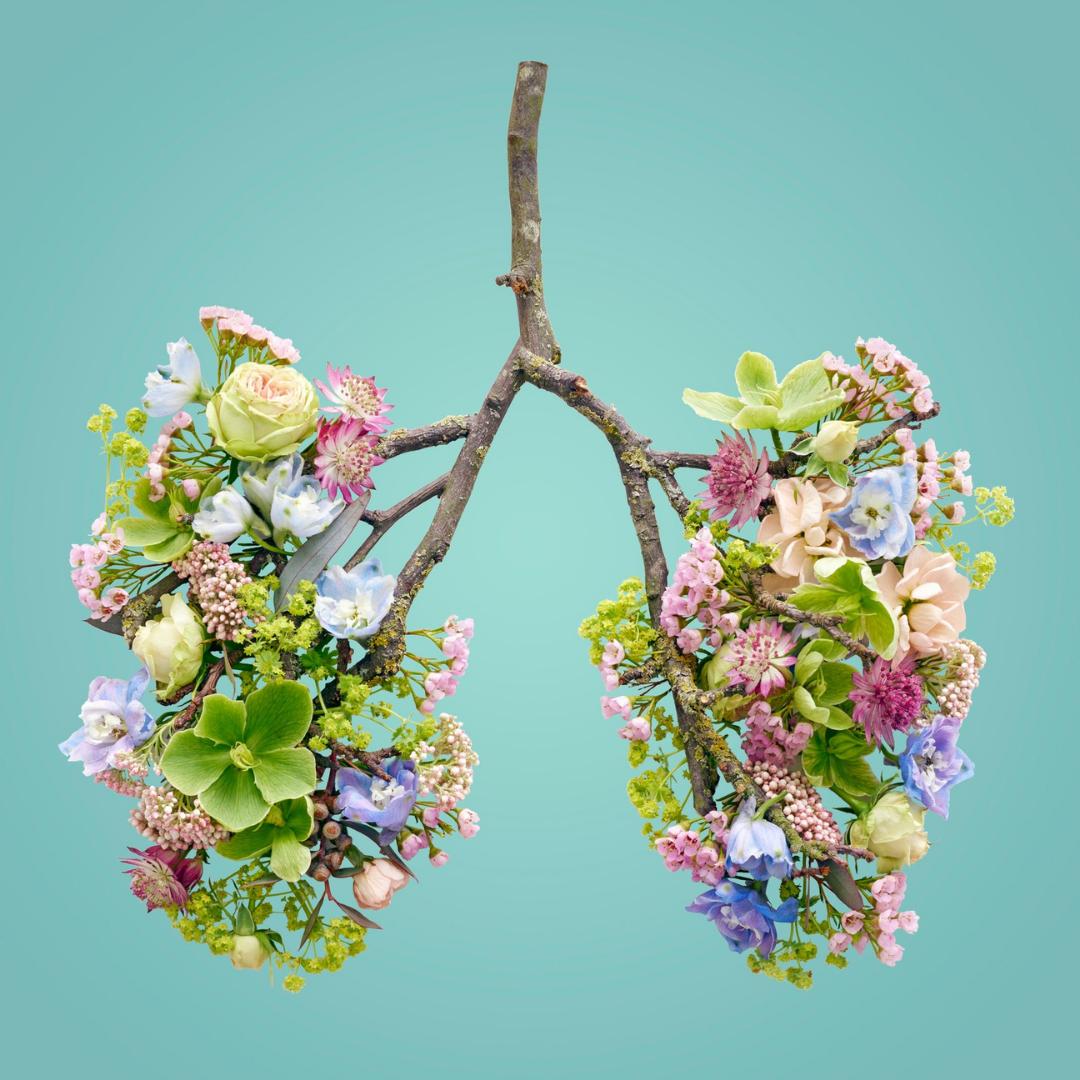So what is Hay Fever?
Hay fever is an allergy - people who have it are allergic to pollen. Pollen is a type of fine powder which is released by lots of different plants and trees. It has proteins in it which can cause your nose, eyes and throat to become swollen or irritated.
It affects between 10 per cent and 30 per cent of all adults and as many as 40 per cent of children in the UK. People are more likely to suffer from hay fever if they have a family history of asthma, allergies, or eczema.
How to treat Hay Fever naturally?
The most common methods to help hay fever is standard arsenal of antihistamine tablets, medicated nasal sprays and eye drops that are used to keep common allergy symptoms at bay.
However, there are a few natural remedies to help prevent and reduce the symptoms of Hay fever.
Local Honey
There is some strong evidence to show that consuming Local Honey can help to limit the effects of hay fever as it exposes you to the same pollen, helping your body to naturally form a tolerance. If you like honey, it is certainly worth a try, the key is to source local honey so pop into your local independent health stores and check out their range too.

Vaseline
Applying a thin layer of Vaseline inside the lower nostrils can help combat hay fever and reduce symptoms. The Vaseline can put a stop to the pollen entering the nostrils.

Herbal teas for Hay Fever
Certain herbs have a natural antihistamine effect. Swap your caffeine and tea for green tea, chamomile, elderflower, ginger, peppermint and anise to limit the effects of hay fever and sip these Herbal teas throughout the day. They taste is re too so it’s a win win!

Hot Peppers
Red and Chilli Peppers contain an active component called capsaicin. When eaten, capsaicin opens the nasal passages, helping to reduce congestion.
Curcumin/ Turmeric Supplements
Curcumin (found in turmeric) has been proven to have anti-inflammatory and antioxidant effects, easing, or reducing a number of health issues. Studies have also shown it can minimize nasal symptoms and nasal congestion through the reduction of nasal-airflow resistance, making turmeric a great choice for tackling hay fever. Curcumin has low bioavailability when consumed through the diet, consider a supplement if hay fever is an issue.
Clinical trials suggest that two months of Curcumin supplementation at 500 mg/day can reduce hay fever symptoms like sneezing, itching, runny nose, and congestion. The trials proposed that curcumin helps balance the immune response!
Both turmeric and its constituent curcumin are considered safe at normal recommended doses.

Moringa
Moringa, also known as the "miracle tree," has gained popularity in recent years for its potential health benefits. While scientific studies specifically focused on moringa's effect on hay fever are limited, there is evidence to suggest that this remarkable plant could provide relief.
Moringa leaves possess anti-inflammatory and antioxidant properties. These properties may help reduce the allergic response associated with hay fever by modulating the immune system.
One study highlighted moringa's anti-allergic potential. The researchers discovered that certain compounds found in moringa exhibited anti-allergic effects by inhibiting the release of histamine, a key contributor to hay fever symptoms.

I hope these natural remedies for hay fever can help you enjoy the summer you deserve, without having to hide indoors. If you decide to give them a try, please let us know how it goes for you. We're here to support you!
As always, be sure to speak with your healthcare professional before starting any new supplement regimen.


